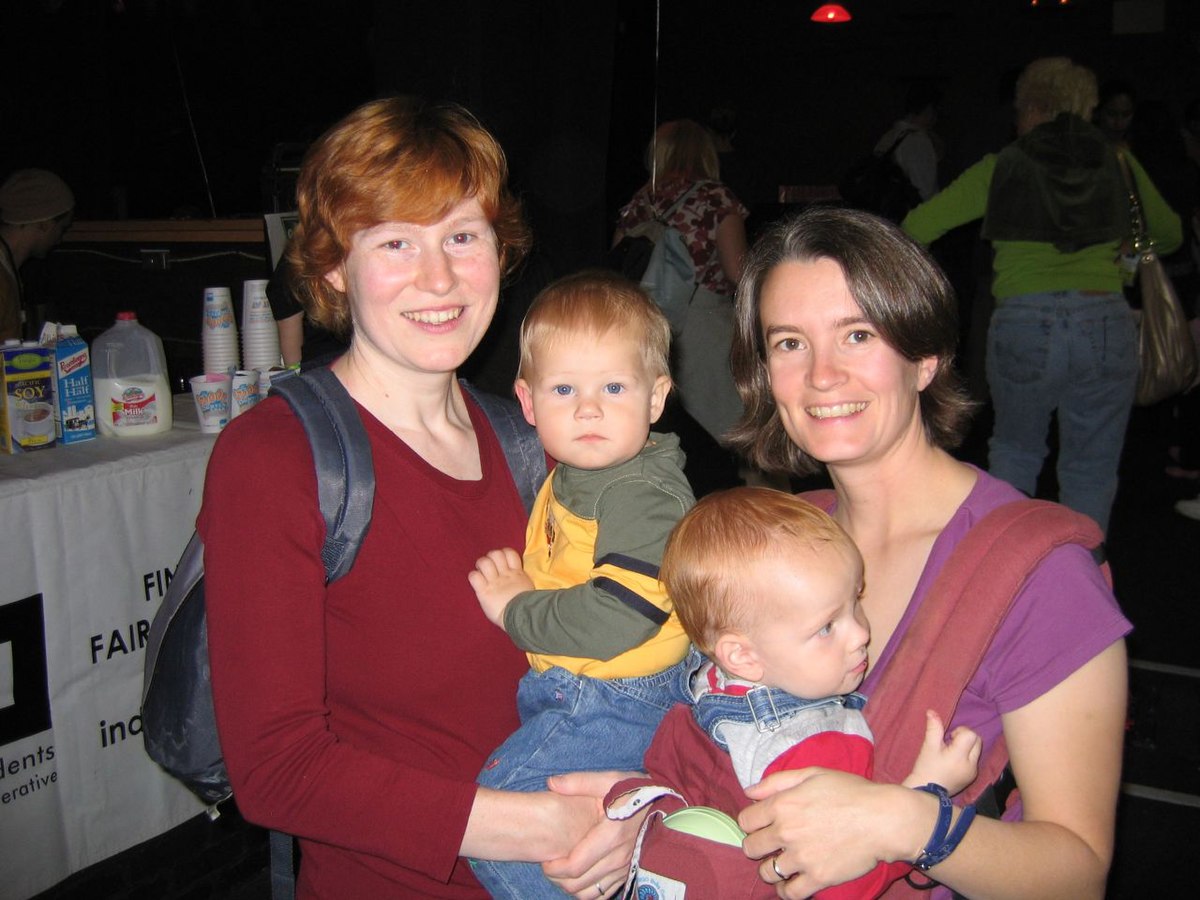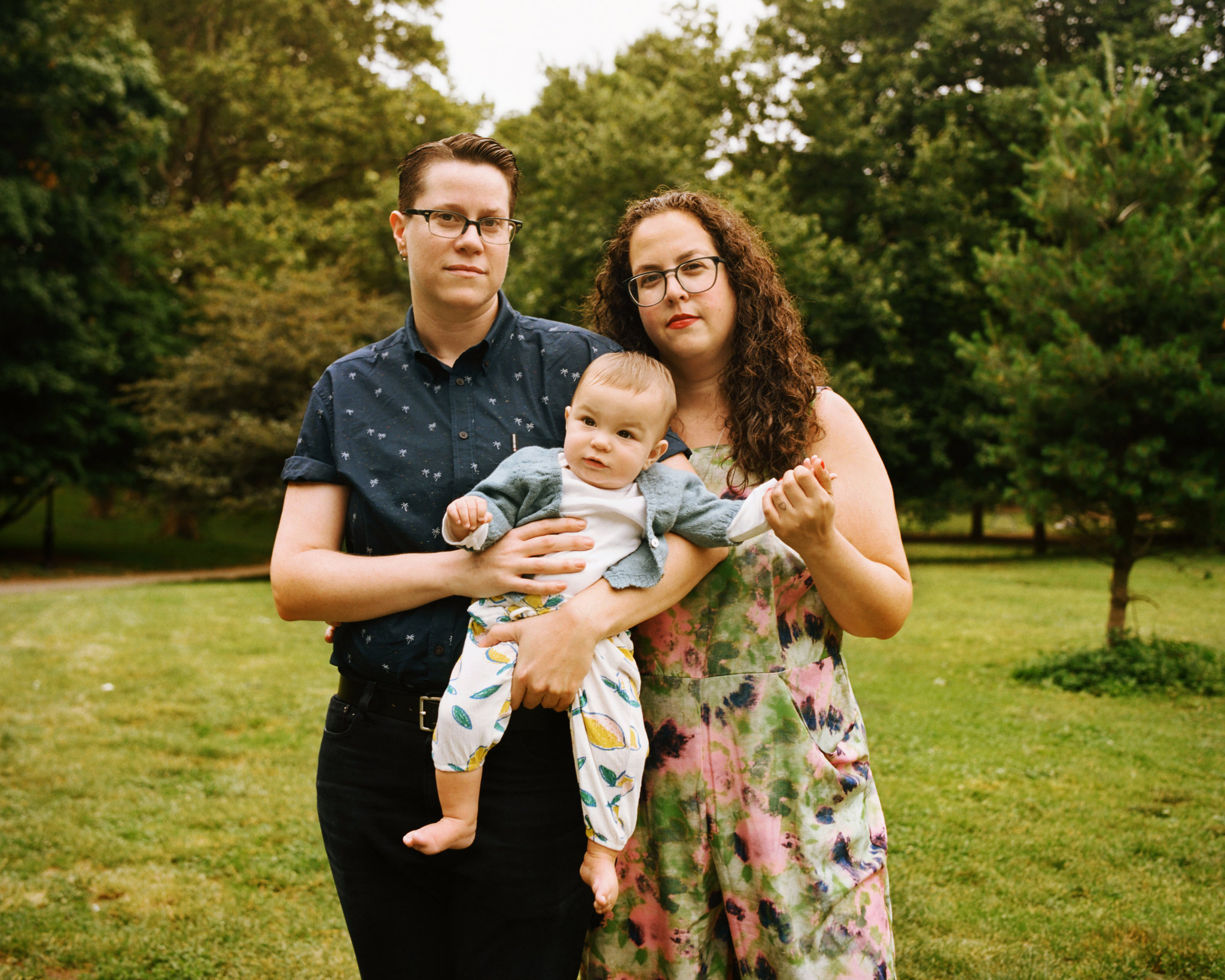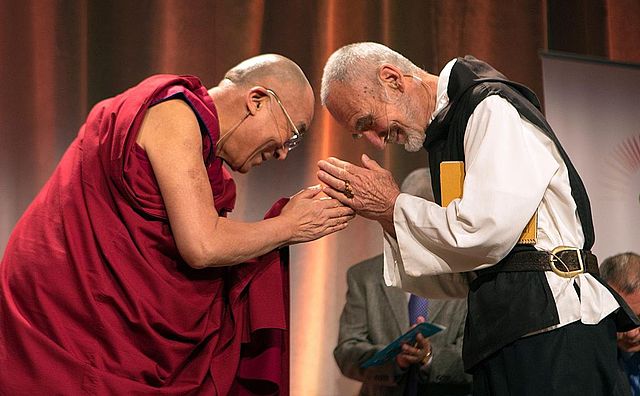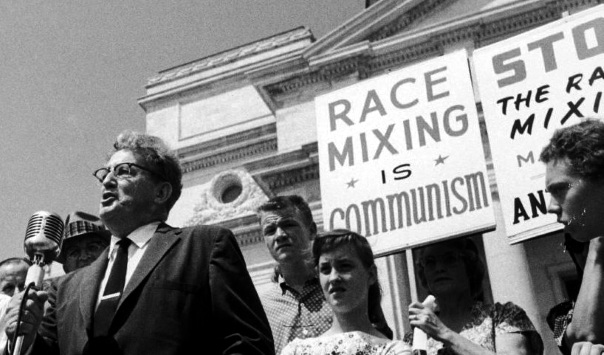One of my friends is now living in Moscow where he has spent some time debating supporters of Russia’s horrible homophobic laws. Last week, there was a Facebook thread where he wanted to clarify some thinking about gay adoption. The question (paraphrased by me) was that since the developmental years of a child are crucial to their socialisation and ability to form healthy relationships, is it not reasonable to think that when comparing a same-sex vs opposite-sex couple (all other things like race, class, education being equal), the child of the same sex couple is still liable to do worse?
The intent of the question was to explore some arguments and research so as to better be able to talk to people and hopefully try to convince them. My friend got quite a bit of pushback on the form of his question and has since agreed that the original form was framed in a heterosexist manner. But the interesting thing was the idea of whether some questions are intrinsically bad or “off limits” and the (alleged) tension between social issues and the ability to question.
This has been a learning curve for me over the years. I’ve been interested in philosophy and ideas since I was a kid. I did quite a bit of philosophy at uni and was used to thinking about arguments. My attitude was that of a free-for-all. Surely, we should be able to ask any question we want in a comfortable environment. I mean, it’s antithetical to free enquiry if some questions are off limits, right? And this definitely includes the right — nay the necessity to play devil’s advocate. Otherwise we’re just engaging in partisan thinking and only interested in exposing arguments by the other side. Any criticism of this is engaging in an AD HOMINEM!!

If you detect a hint of freeze peach in this attitude, you would be correct.
It’s taken me a while to get used to the idea that playing devil’s advocate is often not constructive when dealing with social issues. There are a few reasons for this:
- Questions do not exist in a vacuum. We require a background set of assumptions to make sense of a question. Also, asking a question brings with it the extra assumption that this question is significant, that it is meaningful and worth answering and perhaps even important. Finally, questions are usually loaded (although often the assumptions are just shared by many). This becomes clear with some gratuitous examples:
- Are Russians drunk all the time? (A variation of the more shitty traditional example of “have you stopped beating your wife?”)
- Do women have souls?
- How much Zyklon B is needed to kill 960,000 Jews?
In the gay adoption example we should ask for example what diff the answer would make to us and to our opinions on public policy.
- When we decide to “calmly and dispassionately discuss the philosophical ideas” behind a social issue, this comes with baggage. It assumes there’s an “objective” philosophical discussion out there in the first place. But calm hypotheticals are the privilege of people who aren’t effected by a prejudice. You can easily end up with an academic discussion of “other people’s” problems by those who will never be personally affected. For example, most people identify as heterosexual, me included — our intrinsic right to parenthood will never be open to these types of questions or require any scientific evidence or justification.
- A common tactic of those pushing horrible policies is JAQ-ing off (“Just Asking Questions”). This is where the idea is disguised as a question, mainly for the sake of deniability. For example: was Obama born in the US or was he not? I’m not racist, I just want to know the truth!! For more, see this post by Amanda Marcotte. This takes advantage of our society’s fucked-up tendency to keep engaging in false balance. The mere presence of a contrary view or JAQoff question can create a misleading appearance of where the debate’s at. It also tends to shift what’s considered acceptable. The bias always favours the wingnut argument. So, even if we intend it for discussion purposes, we still shift the debate to the implicit assumptions of bigots. In this case, the underlying frame is “is it safe/ok for gay couples to adopt/raise kids”?
Are people “allowed” to ask any questions? For most meanings of the word, yes, yes they are. But if your question has some of the problems above, chances are it’s doing harm. Others are just as “allowed” to give pushback. For further reading, I recommend these wonderful posts:





0 Comments